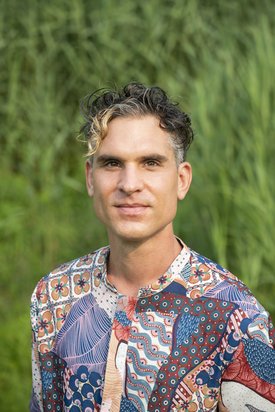
Ethan Madarieta
DEPARTMENTS
- English
AFFILIATIONS
- Latino-Latin American Studies
- LGBTQ Studies
- Native American and Indigenous Studies
Entries in the areas listed below (other than biography and books) are selections delimited to the last five years. Consult the faculty member’s biography, listed website(s) or CV for additional information.
